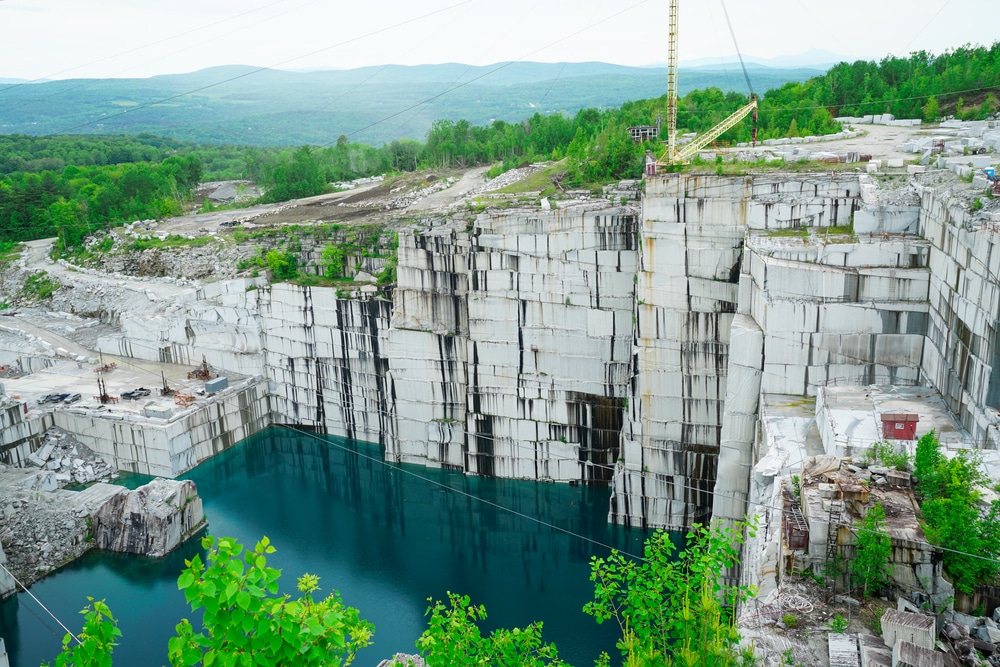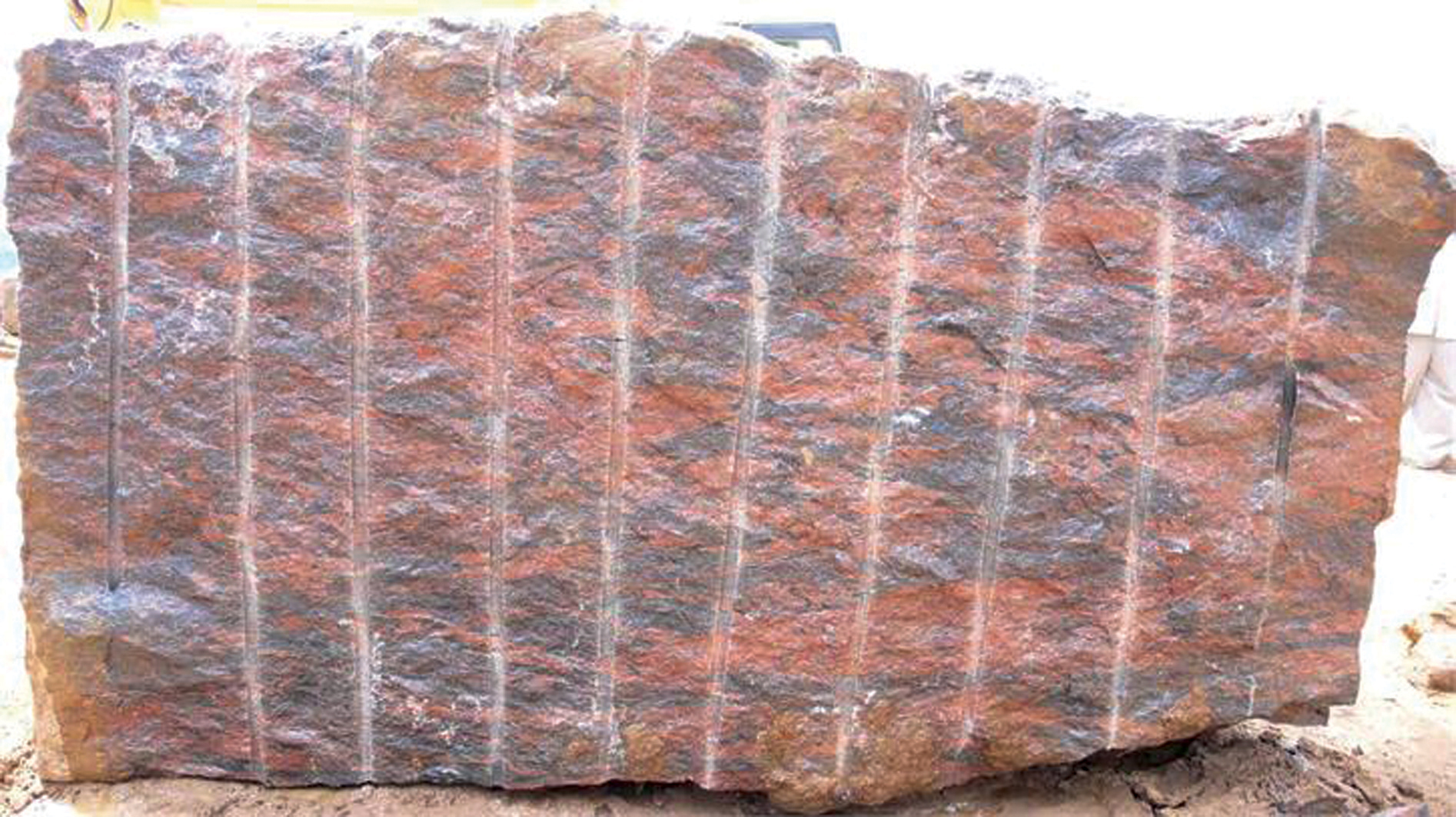Exploring Granite Quarries in South Africa Sector: From Quarry to Work of art
Introducing the Mysteries of Granite Quarrying: Where Toughness and Style Meet
The world of granite quarrying is a realm where the raw toughness of nature merges with human artistry to produce frameworks that stand the examination of time with an air of elegance. From the depths of quarries to the careful sprucing up in workshops, the process of transforming granite into building wonders is an intricate dancing of tradition and development. As we peer right into the midsts of this old craft, we start to reveal the hidden complexities that form the extremely significance of our constructed environment.
The Origins of Granite Quarrying
In the record of building background, the beginnings of granite quarrying are shrouded in a tapestry of old craftsmanship and geological marvels. Dating back to old Egypt and Mesopotamia, the removal of granite from quarries marked the start of a journey that would eventually lead to the development of several of the globe's most iconic structures.
Granite quarrying's roots can be traced to the skilled artisans who acknowledged the rock's durability and aesthetic appeal. Via a mix of primitive devices and large decision, these early quarry workers unearthed granite blocks that would become the structure blocks of human beings.
As human beings advanced, so did the strategies of quarrying granite. The Romans, renowned for their design prowess, established innovative techniques for drawing out granite to build monuments, holy places, and roadways that stood the test of time.
The legacy of these ancient quarrying techniques remains to shape modern style, with granite continuing to be a sign of strength and elegance in building and construction tasks around the globe. (granite quarries in south africa)
Tools of the Quarrying Trade
The advancement of granite quarrying methods from ancient civilizations to modern-day times highlights the important role played by the tools of the quarrying sell forming the market's practices. In old times, quarrying tools were rudimentary, usually being composed of chisels, hammers, and wedges made from products like bronze or iron. These tools called for considerable manpower and time to essence granite blocks from quarries.

Furthermore, the introduction of pneumatic tools and high-powered machinery has significantly decreased the physical labor required in quarrying operations, enhancing employee safety and reference security and performance. As the quarrying sector proceeds to introduce, the tools of the profession continue to be at the forefront of driving development and forming the future of granite extraction.
Removing Blocks of Granite
Making use of accuracy machinery and advanced techniques, the removal of granite obstructs from quarries has actually ended up being an advanced process in the modern quarrying sector. The preliminary step involves identifying the area and dimension of the granite deposit to determine one of the most effective extraction method. As soon as an ideal site is selected, the removal process begins with the exploration of holes for the placement of nitroglycerins. Managed blasting strategies are then employed to disintegrate the granite into convenient areas.

Sprucing Up and Completing Techniques
To accomplish a perfect surface area on granite blocks, knowledgeable artisans use a series of careful polishing and completing strategies. After the initial removal and forming processes, the granite obstructs undertake an extensive sprucing up phase to improve their all-natural elegance and sturdiness.
In addition to polishing, finishing techniques are applied to further refine the granite's look. By carefully picking and using these brightening and ending up methods, artisans can transform raw granite blocks into splendid pieces that showcase both strength and style.

Environmental Influence and Sustainability
With the growing focus on environmental awareness in the industry, granite quarrying methods are increasingly inspected for their impact on natural deposits and long-term sustainability. Quarrying for granite can have substantial environmental ramifications. The removal process commonly involves using hefty equipment, nitroglycerins, and large quantities of water, resulting in habitat destruction, dirt erosion, and water air pollution. Additionally, the transportation of granite from quarries to refining centers generates carbon discharges, better contributing to environmental deterioration. granite quarries in south africa.
To weblink mitigate these impacts and guarantee sustainability in granite quarrying, market stakeholders are embracing different procedures. Applying innovative technologies to reduce energy consumption and water usage, reclaiming quarried land for ecological restoration, and promoting responsible sourcing practices are some strategies being employed. Furthermore, certifications such as the Forest Stewardship Council (FSC) and the Management in Power and Environmental Layout (LEED) assistance consumers determine eco-friendly granite items.
Verdict
To conclude, granite quarrying is a process that calls for specialized tools and strategies to essence blocks of granite and polish them to a high degree of surface. While the ecological effect of quarrying can be significant, initiatives are being made to improve sustainability techniques in the market. Overall, granite quarrying is a fragile balance between visit the site harnessing the toughness and beauty of this all-natural stone while decreasing its effect on the setting.